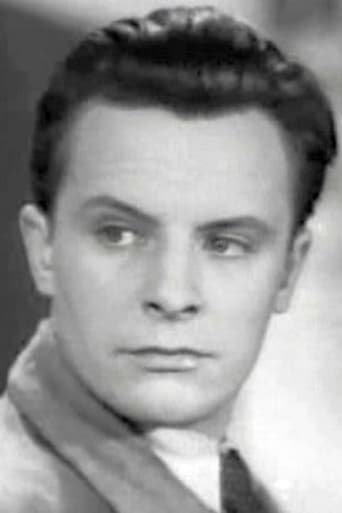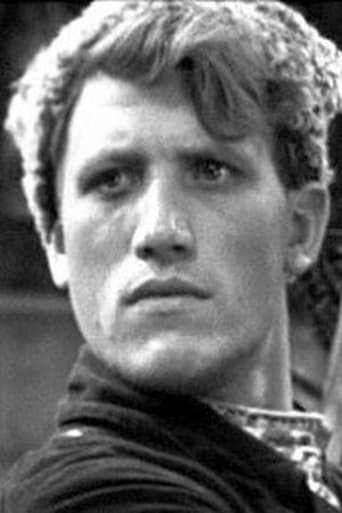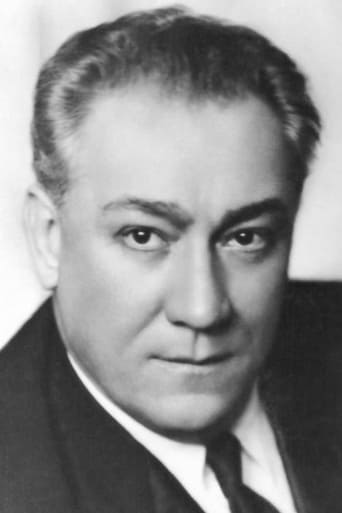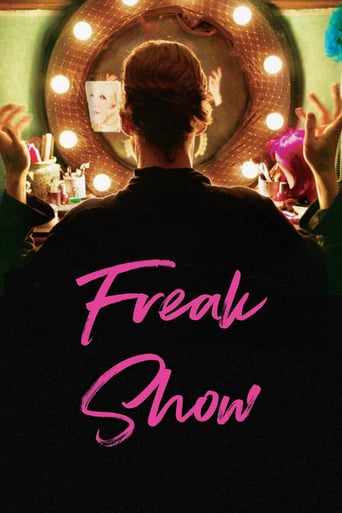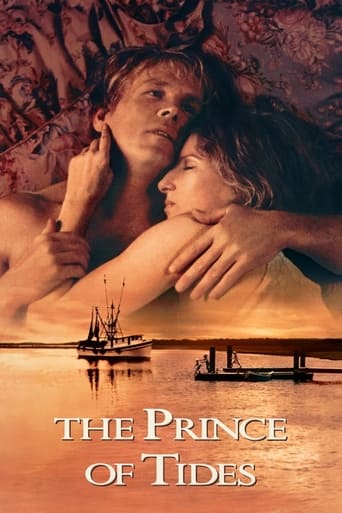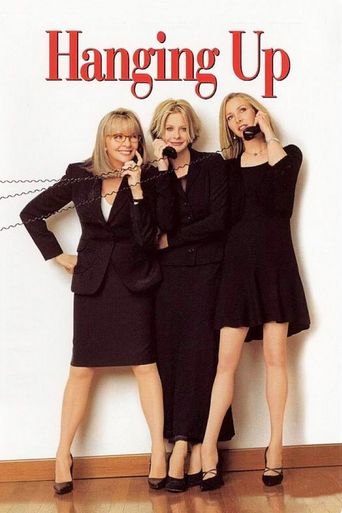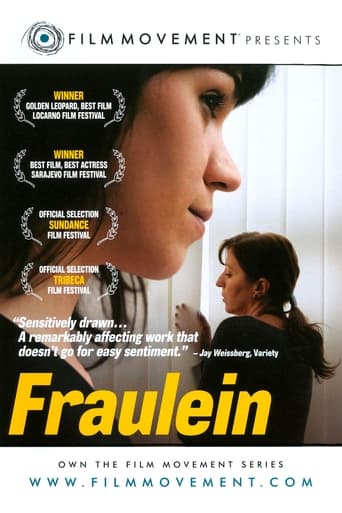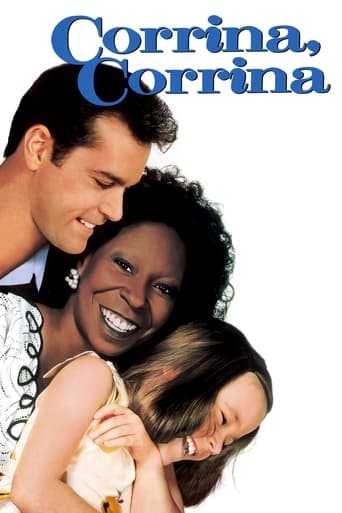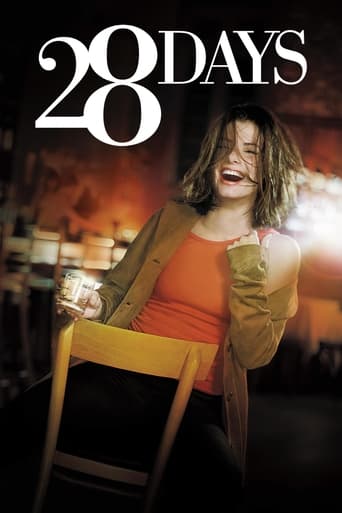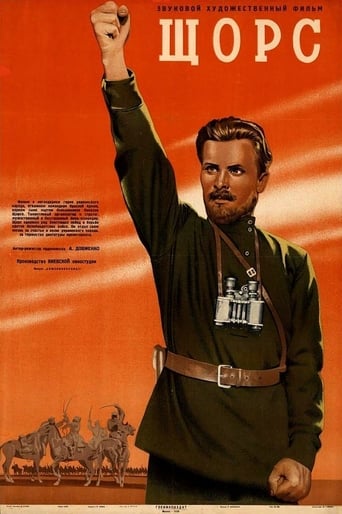
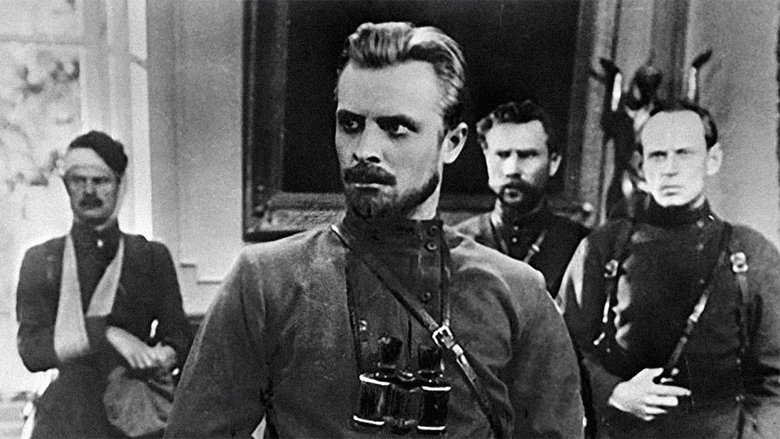
Shors (1939)
The year is 1919. German troops retreat from Ukraine. The Directory, the Ukrainian national government lead by Symon Petliura, takes control of Kyiv. Meanwhile, the Bolshevik division commanded by Mykola Shchors is marching on the capital. The Bolsheviks capture the cities of Vinnytsia, Zhmerynka, and others one by one, but lose Berdychiv to Petliura’s forces. They are demoralized by the defeat. By his personal example of courage and military skill, Shchors inspires the retreating Red troops and leads them to victory over the enemy.
Watch Trailer
Cast
Similar titles
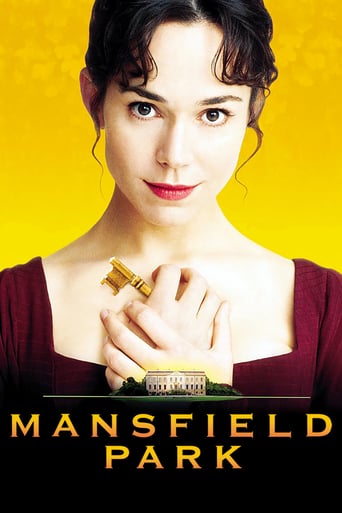
Reviews
One of my all time favorites.
Although it has its amusing moments, in eneral the plot does not convince.
The thing I enjoyed most about the film is the fact that it doesn't shy away from being a super-sized-cliche;
It's simply great fun, a winsome film and an occasionally over-the-top luxury fantasy that never flags.
An earthy, epic historical drama set during World War I and the Russian Civil War, Shchors is a biographical portrait of the partisan leader and communist Nikolai Shchors, one of the few indisputable Bolshevik icons of Ukrainian origin. The work was commissioned by Stalin himself, who asked Dovzhenko to "give us a Ukrainian Chapayev" - a reference to the popular (though mediocre) 1934 film by Sergei and Georgi Vasiliev depicting the heroic exploits of a folksy Russian Red Army commander. The prolonged production of Shchors proved a nightmare for Dovzhenko, who was forced to submit every creative decision and every episode for high-level political approval, and who found himself accused of Ukrainian nationalism by Stalin's increasingly paranoid henchmen. There is one remarkable, picturesque sequence of burial. Nothing else. Shchors represents the glory of socialist-realist restrictions imposed upon an artist, the ultimate product of Zhdanovist canons. Nothing left of Dovzhenko's dynamic energy and fervent poetry featured in his best picture, 'Earth.'
